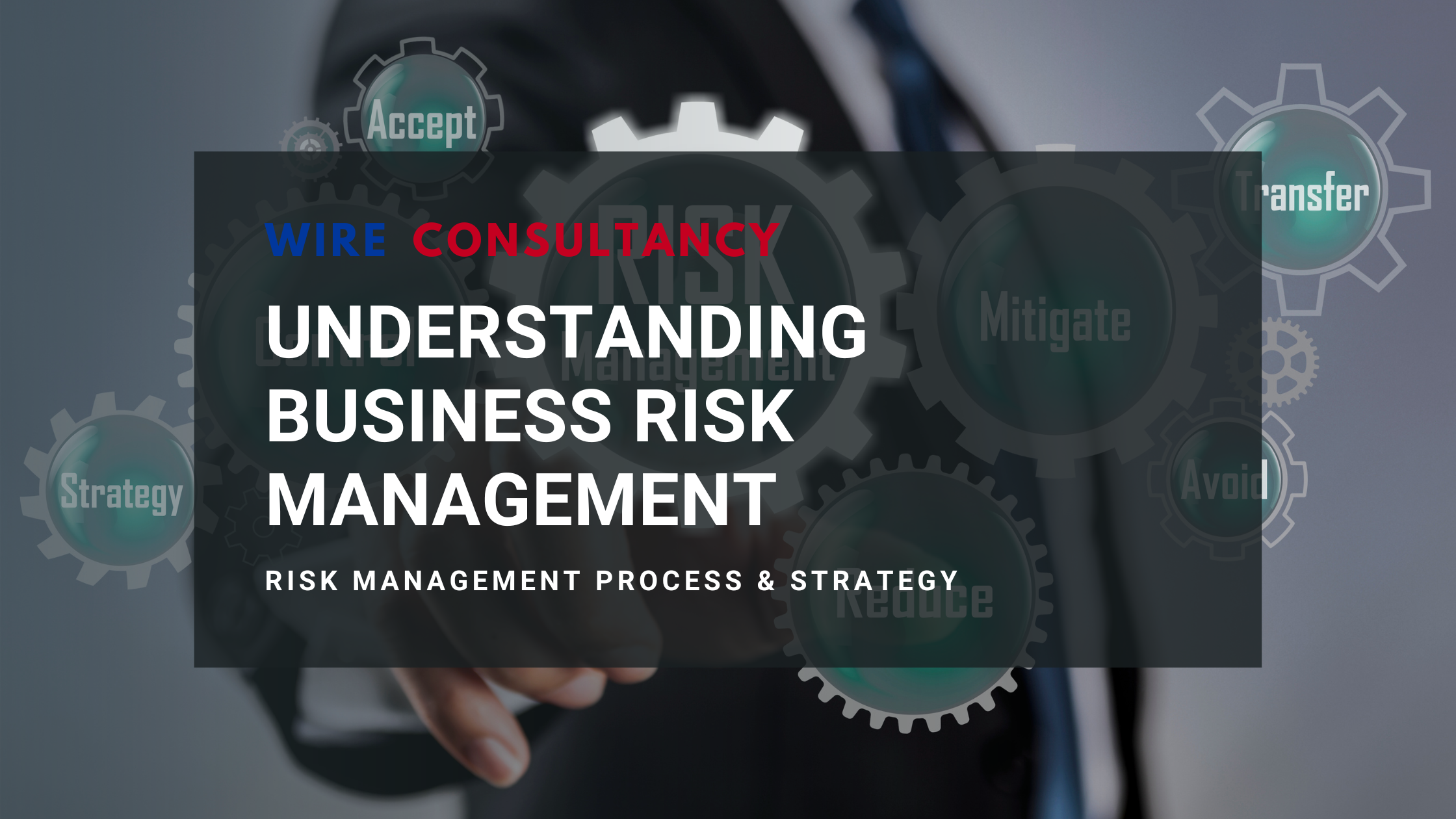In the ever-evolving landscape of business, uncertainty is a constant companion. To navigate this dynamic environment and make informed decisions, organizations turn to the practice of risk management. This strategic approach empowers businesses to identify, assess, and mitigate potential threats that could impact their objectives, operations, and even their very existence. In this blog, we’ll dive into the fundamentals of risk management, its importance, the process involved, effective strategies, and how our expert consultancy can guide your business towards a more secure and successful future.
What is Risk Management?
At its core, risk management is the process of identifying, analyzing, and addressing uncertainties that could affect an organization’s ability to achieve its goals. These uncertainties, often referred to as risks, can take various forms, such as financial volatility, regulatory changes, technological disruptions, or even unforeseen events like natural disasters. By proactively addressing these risks, businesses can prepare for potential challenges and capitalize on opportunities.
Why Risk Management is Important
In the world of business, risk and reward go hand in hand. However, taking blind risks can lead to catastrophic consequences. This is where risk management comes into play. By systematically evaluating risks and developing mitigation strategies, organizations can safeguard their assets, reputation, and stakeholders’ interests. Moreover, effective risk management fosters a culture of informed decision-making, fostering resilience and adaptability in the face of uncertainty.
Risk Management Process
The risk management process is a systematic approach that involves several key steps:
- Risk Identification: The first step is to identify potential risks that your business might face. This can be done through various methods, including brainstorming sessions, historical data analysis, and expert insights.
- Risk Assessment: Once identified, risks are assessed based on their likelihood of occurrence and potential impact. This helps prioritize risks and allocate resources effectively.
- Risk Mitigation: In this step, strategies are developed to minimize the impact of identified risks. This might involve preventive measures, contingency plans, or even risk transfer through insurance.
- Risk Monitoring: Risk management is an ongoing process. Regular monitoring of identified risks ensures that the mitigation strategies are effective and relevant in changing circumstances.
Risk Management Strategy
A well-crafted risk management strategy is the cornerstone of a resilient business. This strategy involves:
- Risk Tolerance: Defining your organization’s risk appetite, or the level of risk you’re willing to accept, is crucial. This helps in aligning risk management efforts with your business goals.
- Risk Avoidance: Some risks are better avoided altogether. This might involve steering clear of ventures with disproportionately high risks compared to potential rewards.
- Risk Reduction: Mitigation strategies are designed to reduce the likelihood or impact of risks. This could involve implementing robust cybersecurity measures, diversifying investments, or adopting redundancy in critical operations.
- Risk Transfer: Certain risks can be transferred to third parties through insurance or contractual agreements. This shifts the financial burden in case of adverse events.
Wire Consultancy’s Role as Engineering Risk Management Consultancy
Navigating the intricate landscape of business risks requires expertise and experience. Our role as a dedicated engineering risk management consultancy is to partner with businesses to:
- Identify Risks: We conduct comprehensive assessments to identify potential risks tailored to your industry and operations.
- Develop Strategies: Based on identified risks, we create effective strategies to minimize their impact and ensure your business’s continuity.
- Provide Insights: Our experts offer insights into emerging risks and industry trends, helping you stay ahead of the curve.
- Implement Solutions: We assist in implementing risk mitigation measures and offer guidance throughout the process.
- Foster Resilience: Our consultancy aims to foster a resilient culture within your organization, where risk management becomes an integral part of decision-making.
Conclusion
In the world of business, uncertainties are a given. But with a strategic approach to risk management, these uncertainties can be transformed into opportunities for growth and innovation. By understanding risks, developing comprehensive strategies, and seeking expert guidance, businesses can not only safeguard their operations but also thrive in the face of adversity. Wire Consultancy stands ready to partner with you on this journey towards a more secure and prosperous future. After all, managing risk isn’t just a business practice; it’s a blueprint for success.

